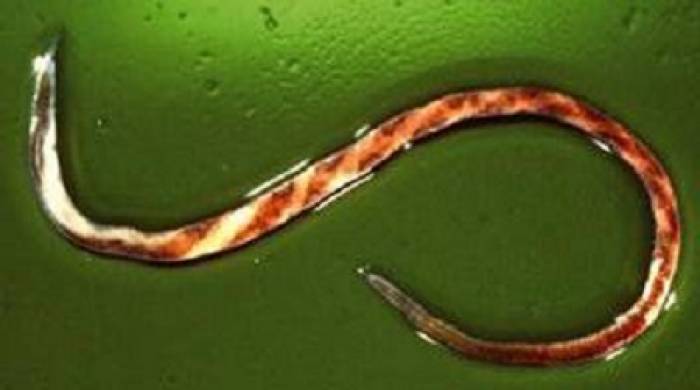1st August 2022
SCOPS is warning producers to be alert to ewes and lambs being hit by the Haemonchus contortus worm – a tropical/sub-tropical worm that is increasingly prevalent in the UK as the climate warms.
APHA has confirmed sudden deaths due to haemonchosis in adult ewes from two flocks in Devon.
A spokesperson from APHA says: “At this point in the summer, be alert to the possibility of haemonchosis in grazing sheep and goats, particularly after heavy rains, as Haemonchus contortus is better able to survive in warmer temperatures in contrast to our more usual gastro-intestinal parasites.
“Clinical signs are anaemia, with no diarrhoea, and sub-cutaneous oedema (bottle jaw). There is little immunity to this parasite, so disease can be seen in lambs and adults. APHA VIC Carmarthen can carry out differential staining on Trichostrongyle-type eggs to detect H. contortus eggs.”
SCOPS encourages producers, their vets and advisers to take advantage of free testing for haemonchosis being offered by APHA through to October. The offer is for sheep that present with anaemia, no diarrhoea and bottle jaw, or where haemonchosis is suspected. Submissions are via the APHA Small Ruminant Submission Form, which must be completed by a vet and accompanied by a treatment history.
All classes of anthelmintics have activity against H. contortus. In addition, closantel (which producers will be more familiar with as a treatment for liver fluke) will kill the parasite.
Learn more about haemonchosis in the relevant part of the SCOPS Technical Manual.
